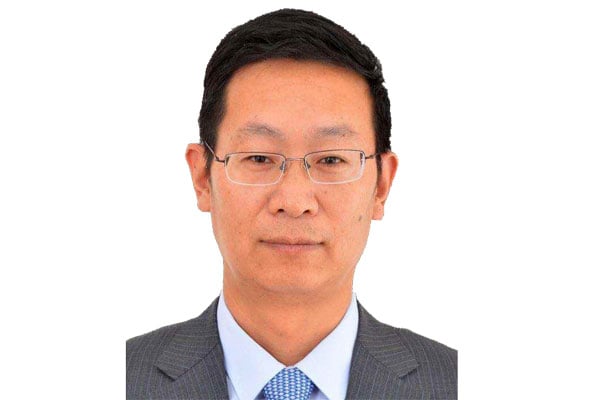Prime
Why should we pay DRC for crimes committed by persons known to UN?

What you need to know:
- The government of DRC is demanding a whopping $4.3b as reparations for atrocities committed against Congolese nationals, damage to the environment and plunder of natural resources.
On Tuesday, April 20, the International Court of Justice (ICJ) based at The Hague, Netherlands, reopened a 14-year-old shameful case about reparations for gross violations of human rights committed by UPDF troops in eastern Democratic Republic of Congo (DRC). The case was originally filed by DRC in 1999.
The government of DRC is demanding a whopping $4.3b as reparations for atrocities committed against Congolese nationals, damage to the environment and plunder of natural resources.
The 25-year-old dispute started in 1997 with the overthrow of DRC president Mobutu Sese Seko by Rwanda and Uganda who installed their puppet Laurent-Desire Kabila as president. In 2005, ICJ found Uganda guilty of gross violations of human rights committed between 1998 and 2003.
According to credible sources, 400,000 people were killed in the conflict and more than million were injured and displaced.
The invasion of DRC by Ugandan troops from 1998 to 2003 was launched and undertaken without approval of Parliament which is the only branch of government with powers, under Uganda’s Constitution, to declare war and deploy Ugandan troops in a foreign country.
Hence under Uganda’s laws, the five-year operations of UPDF in DRC were illegal, irresponsible and unacceptable. At its peak there were about 10 UPDF battalions deployed in eastern DRC at enormous cost to Ugandan taxpayers.
The operations of UPDF in DRC remind me of the despicable and outrageous adventures of King Leopold of Belgium in the 19th Century. One wonders how the NRM regime can claim to champion pan-Africanism by invading, occupying and plundering the natural resources of an African country!
In 2002, the UN released a damaging report on the invasion and occupation of DRC territory by Rwanda and Uganda. The report mentioned names of several senior Uganda government officials who looted and plundered the natural resources of DRC with impunity.
Unlike Rwandan troops who gave whatever they looted and plundered in DRC to the national treasury in Kigali, Ugandan troops who did likewise kept what they looted for personal use, consistent with the mindset and practice of Uganda’s greedy and selfish ruling clique.
According to the UN report the items Rwanda and Uganda looted from DRC included gold, diamonds, coltan, timber and yes, hundreds of Congolese women.
The Uganda government hired top international law firms to defend a difficult and frankly indefensible case at the ICJ. Among Uganda’s lawyers were eminent British legal scholar, Prof Ian Brownlie and former UN legal counsel Erik Suy at a huge cost of more than $1m. Uganda lost the case and was ordered to pay DRC reparations to the tune of $10b.
The door was, however, left open for the two neighbouring countries, which have a lot in common, to settle the matter out of court bilaterally with a view to reaching a mutually acceptable compromise which ICJ would endorse as a binding agreement.
When he was Foreign minister, James Wapakabulo (RIP) started the process by engaging his Congolese counterpart with positive results. It looks like Wapa’s efforts were not followed up after he passed away on March 27, 2004, which is regrettable.
Why should Ugandan taxpayers pay hefty reparations to DRC for crimes committed by persons who are well known to the United Nations, persons who should stand trial and account for their misdeeds at the ICJ? I appeal to the Uganda Law Society to urgently petition ICJ on this matter on behalf of the wananchi of Uganda.
Mr Acemah is a political scientist and retired career diplomat.
[email protected]




